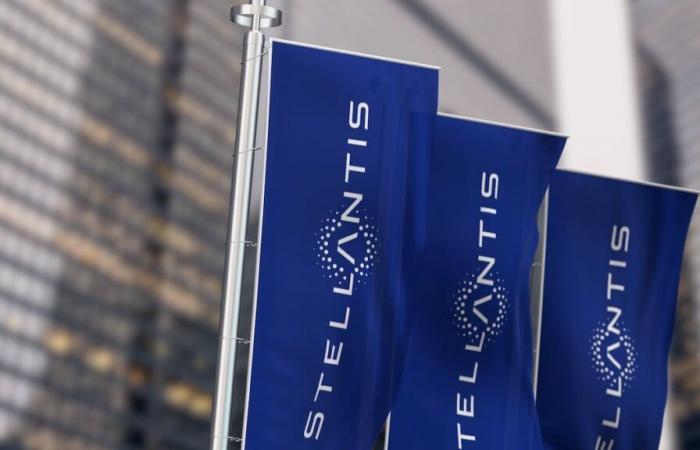The entire range of engines from the car manufacturer Stellantis will be compatible with HVO biofuel. The announcement was relayed by our colleagues at Transport Média, Monday November 11, 2024.
Stellantis opens its engines to VHO
Good news: Stellantis announces that all diesel engines in its passenger cars and light commercial vehicles will be compatible with HVO biofuel. This more ecological fuel offers motorists the possibility of reducing their carbon footprint while maintaining the autonomy capabilities of their vehicle. Made from renewable raw materials such as used vegetable oils and animal fats, HVO has significant advantages in reducing pollutant emissions.
All Euro 5 and Euro 6 engines in the range, identifiable by the “XTL” marking on the filler cap, are now compatible with this biofuel. More specifically, the list of affected models includes the following engines:
- 1.3 MultiJet
- 1.6 MultiJet
- 2.0 MultiJet
- 2.2 MultiJet (including advanced version 4.0)
- 3.0 V6 MultiJet
- 2.3 MultiJet F1A (found only in the Fiat Ducato).
Avoiding European sanctions in 2025
By choosing this path, Stellantis is aimed at motorists who wish to adopt greener practices without necessarily switching to electric. This solution is ideal for those looking for an eco-friendly but reliable alternative, suitable for long journeys and demanding conditions that current electric models cannot always cover.
Behind this announcement, Stellantis also responds to an economic necessity: from 2025, the European Union plans to impose financial penalties, estimated at 15 billion euros, on manufacturers who do not respect the energy transition objectives, particularly in terms of electrification of their production. Faced with these future sanctions, the group is seeking to diversify its energy sources by offering a sustainable alternative for its diesel models. This compatibility with HVO allows Stellantis to display a gradual transition, while reducing its dependence on traditional fossil fuels.






